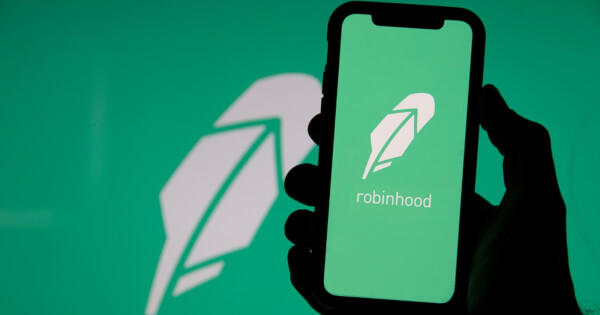Enhancing financial inclusion in Africa with cryptocurrencies and mobile payments


Africa’s transition to digital financial platforms
As Africa transitions to a digital economy, cryptocurrencies and mobile payments are playing an important role in driving financial inclusion. Despite challenges ranging from account opening cost barriers, high transfer fees, lack of identification documents, limited access to physical bank branches and an economy that still runs primarily on cash, the continent is emerging as a global leader in mobile money. work.
Today, Africa accounts for 70% of the $1 trillion in global mobile money value and almost half of registered mobile money accounts. The value of mobile money transactions in Africa increased significantly from $495 billion in 2020 to $701.4 billion in 2021. These trends suggest that the future of financial services in Africa is both digital and mobile.
Mobile money and cryptocurrency adoption
Mobile money is an electronic payment technology that allows money transfer between mobile devices using SIM cards, and has played a pivotal role in expanding access to financial services in areas lacking financial infrastructure. Additionally, research shows that by 2025, at least 70% of all online transactions will be made through alternative payment methods, including digital wallets, mobile money, and instant payments.
Despite the growing adoption of mobile money, widespread financial services still do not reach the majority of African citizens. This gap has led to a surge in the use of digital financial services, especially cryptocurrency-based payments. Africa is one of the fastest-growing cryptocurrency markets in the world, led by tech-savvy consumers across Ghana, Nigeria, and South Africa. The number of $1,000 retail transfers actually increased in sub-Saharan Africa last year, reflecting the growing trend of using digital currencies to address issues related to financial inclusion and limited access to banking systems.
challenges and opportunities
Although Africa leads the world in the number of mobile money accounts, the region still suffers from low interoperability issues. Users often have to put money in and out of various wallets to complete transactions. This problem hinders the growth of electronic payments and limits the potential benefits of financial innovation and inclusion.
However, there is a significant opportunity for fintech companies in Africa to leverage the success of mobile money to drive adoption of cryptocurrency-enabled tools. These tools make payments more accessible and affordable for the average user. Building safeguards such as know-your-customer (KYC) and anti-money laundering (AML) into mobile money transactions leveraging blockchain and crypto technologies can expand secure, scalable adoption and address concerns about organized crime.
As the global workforce continues to operate in remote or hybrid-first models, this opens up more possibilities for Africa to boost its economy through cryptocurrency payments. Now the African workforce has the opportunity to go global, lifting millions out of poverty and allowing remote workers to be efficiently paid in cryptocurrency through digital wallets on their mobile devices.
Image source: Shutterstock
. . .
tag

.png)

